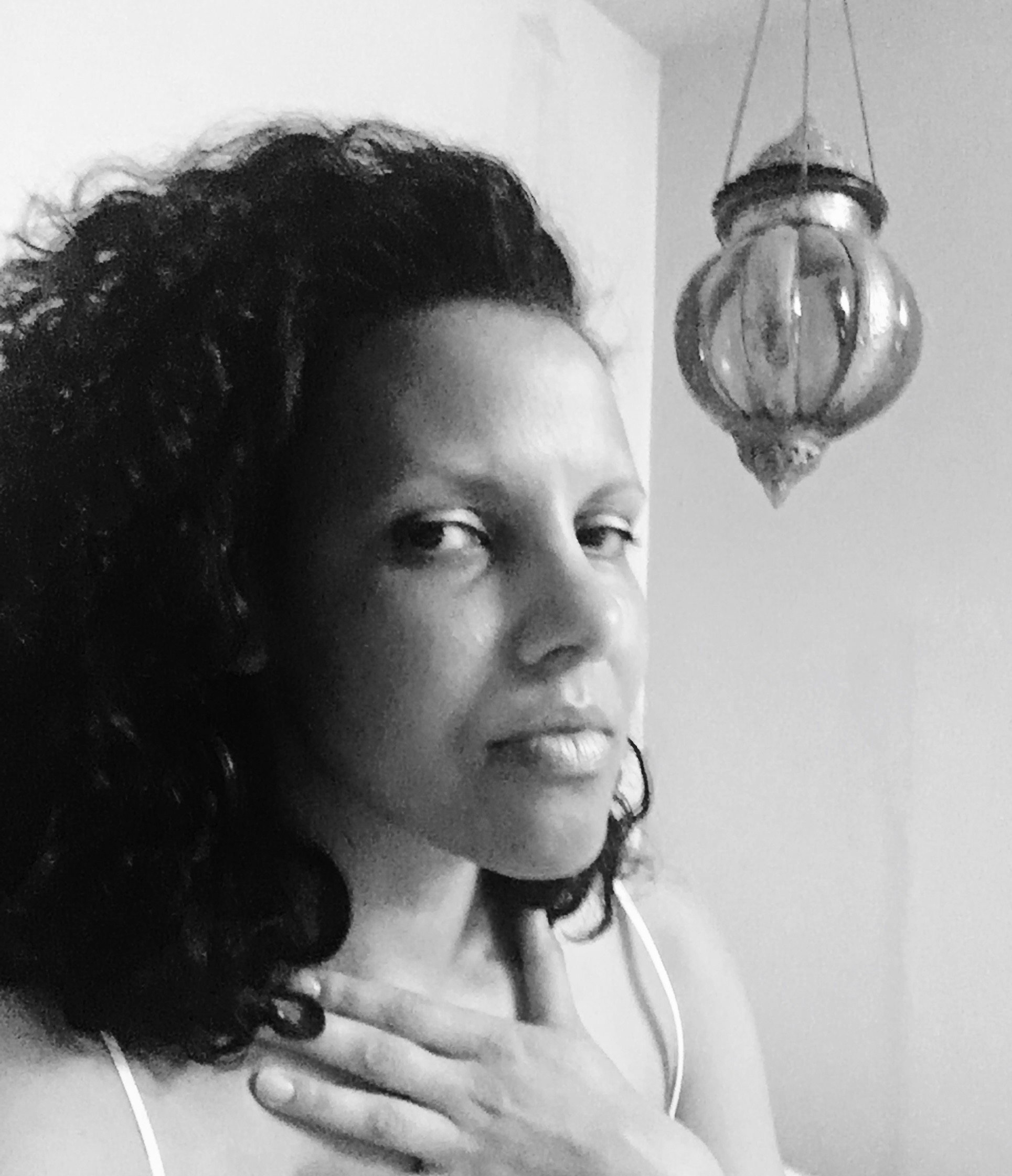ISSN: 1941-4137
POETRY THAT ENACTS THE ARTISTIC AND CREATIVE PURITY OF GLASS
POETRY THAT ENACTS THE ARTISTIC AND CREATIVE PURITY OF GLASS

Jamaica Baldwin hails from Santa Cruz, CA by way of Seattle. Her work has appeared, or is forthcoming, in Prairie Schooner, Guernica, The Adroit Journal, The Missouri Review, and TriQuarterly, among others. She was the winner of the 2019 San Miguel de Allende Writers Conference Contest in Poetry and was runner up for the 2020 Tupelo Press Berkshire Prize. Her writing has been supported by Hedgebrook and the Jack Straw Writers program. Jamaica is currently pursuing her PhD in English at the University of Nebraska–Lincoln.
Unravel
My dad carried it with him from Dallas
to Oregon in '75, after Texas and the Army
spit him out. The weight of it demanding more
than one syllable. Sh-sh-shame like
the deep baritone of his sorrow plucked
into harmony when he was drunk doo-woping
to Motown songs at the bar. If I'd known
that correct speech was hyperbole, that my slippery
S's and T's weren't an impediment, but part of
his legacy, I may not have Sally See Sawed my way
through speech lessons till I could speak "right."
Had I known right wasn't always a straight line,
that the mastectomy scar below my right breast
if seen in the right light resembles a ripple
on calm water after a heron takes flight, I might
have sought refuge in my inability to let go of sound's
repetitious comforts, rolling my tongue around
each S till it stretched its long body out to bask
in the light between my teeth, the way I bask
in the knowledge that my stutter wasn't mine
alone, the way I sometimes run my finger along
the scar line wondering what it would feel like
to live there, the way bra wires once lived there,
the way anticipation once lived there, the way
a lover's breath once held me captive, trembling.
This ceremony of gestures. This ritual. This tenderness.
I don't blame my father his absence, not really.
He who un-sutured me with his constant leaving.
I know what a black man whose father was
a black man, whose father was also a black man,
is made to endure here. I don't know the pro-
nunciation of his traumas, but I can feel them,
how easily they slip under my tongue, force
my words to trip over themselves. During this
havoc I sense him tending our legacy, just
as the doctors tended my wound — the kindness
of morphine, the anesthesiologist's sweet talk.
After they stitched me up, I knew there was more
than an absence of tissue left inside. Sometimes,
at night, I can't help, but search for a mistake,
an opening, a stutter of forgotten thread,
something inarticulate to grab ahold of,
wrap my fingers around, to pull and pull and gently
unravel me.
Glass: A Journal of Poetry is published monthly by Glass Poetry Press.
All contents © the author.
All contents © the author.





